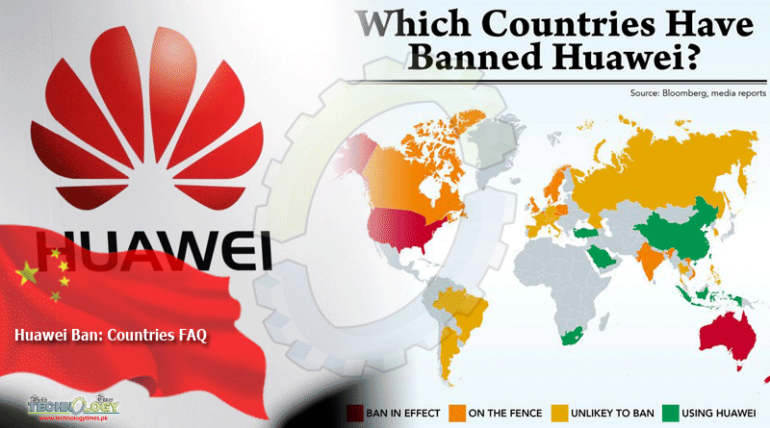As Brazilian president Jair Bolsonaro inches closer to possibly banning Huawei from next-generation 5G wireless networks, experts have voiced concerns over the future of the technology in the country.
According to Huawei Brazil president Sun Baocheng, banning the Chinese firm would have far-reaching consequences for the 5G rollout in Brazil. The country’s 5G auction was originally set to be held in March 2020, but it was delayed due to the Covid-19 pandemic and should take place in early 2021.
In an interview published last week by Brazilian newspaper Folha de São Paulo, the Huawei executive said that in the event of a ban, operators would have to bear a costly upgrade of equipment across all their networks, since the company he leads is currently the main supplier to most of them.
This would eventually result in higher prices for final consumers and delay the evolution of the technology in Brazil, he said. In addition, if Bolsonaro decides to support US president Donald Trump in blocking Huawei, this could have broader repercussions. Baocheng said in the interview that such a move would create an impression that Brazil is no longer a free market and that would impact foreign investments.
In the meantime, other large vendors active in this space such as Ericsson and Nokia have shown interest in Brazil’s coveted 5G spectrum and have announced plans to invest heavily and attract investments to the Latin market.
Recent developments could influence Bolsonaro’s decision in terms of parameters for the adoption of 5G technology in Brazil. The outcome of a meeting that took place earlier this month between the president and US National Security Advisor Robert O’Brien could increase the chances of a Huawei ban and mitigate the risks relating to doing so, such as increasing costs to operators.
Outcomes of that meeting include an agreement between the US Export-Import Bank and Brazil’s Ministry of Economy for the provision of up to US$ 1 billion in credit to finance telecommunication projects in the Latin country. This could, in turn, make Bolsonaro more comfortable to make any potential moves to limit Huawei’s business in Brazil.
The decision on whether to allow Huawei to supply equipment to companies for 5G networks should be made on a technical and legal basis, according to José Ricardo dos Santos Luz Jr, a lawyer and CEO of LIDE, a Brazilian group of business leaders, which has a branch in China.
Santos Luz reiterates that the discussion goes beyond the realms of digital innovation, and will certainly interfere in other spheres, such as the bilateral trade between China and Brazil in the coming years, as well as relations with the United States.
“After the pandemic, China will be able to develop and deepen its relationship with Brazil in the areas of agriculture, clean energy, mining, infrastructure, electronic commerce, intelligent manufacturing and telecommunications, with an emphasis on 5G technology”, the expert said, adding that Brazil could evolve the cooperation it has with China in areas such as commodities and intensify trade relations in innovation and high tech.
“The much greater weight of Asia and, especially, China in the flows of trade, investments and technologies worldwide is undeniable. Brazil needs to adopt this global, pragmatic and strategic vision for domestic domestic development”, Santos Luz added.
Brazil’s vice president Hamilton Mourão confirmed last year that Brazilian president Jair Bolsonaro was asked by Trump to stop Huawei from developing new mobile networks in Brazil. At the time, Mourão said the government would not interfere with the Chinese giant’s activities – as long as the firm creates local jobs and plays by its rules.
Last month, Mourão said the country “can’t miss out on the 5G opportunity” by not keeping up with other countries that are investing in the technology.
“[Failure to seize] this opportunity would mean decades of setbacks and losses”, Mourão said, adding that the government sees the relevance of telecommunications networks in “a world that is moving towards the era of knowledge”.
“Networks have to be reliable, fast and secure. They will enable a better present and a better future,” he said, adding that the government was working on the rules for the auction of the next-generation spectrum.



